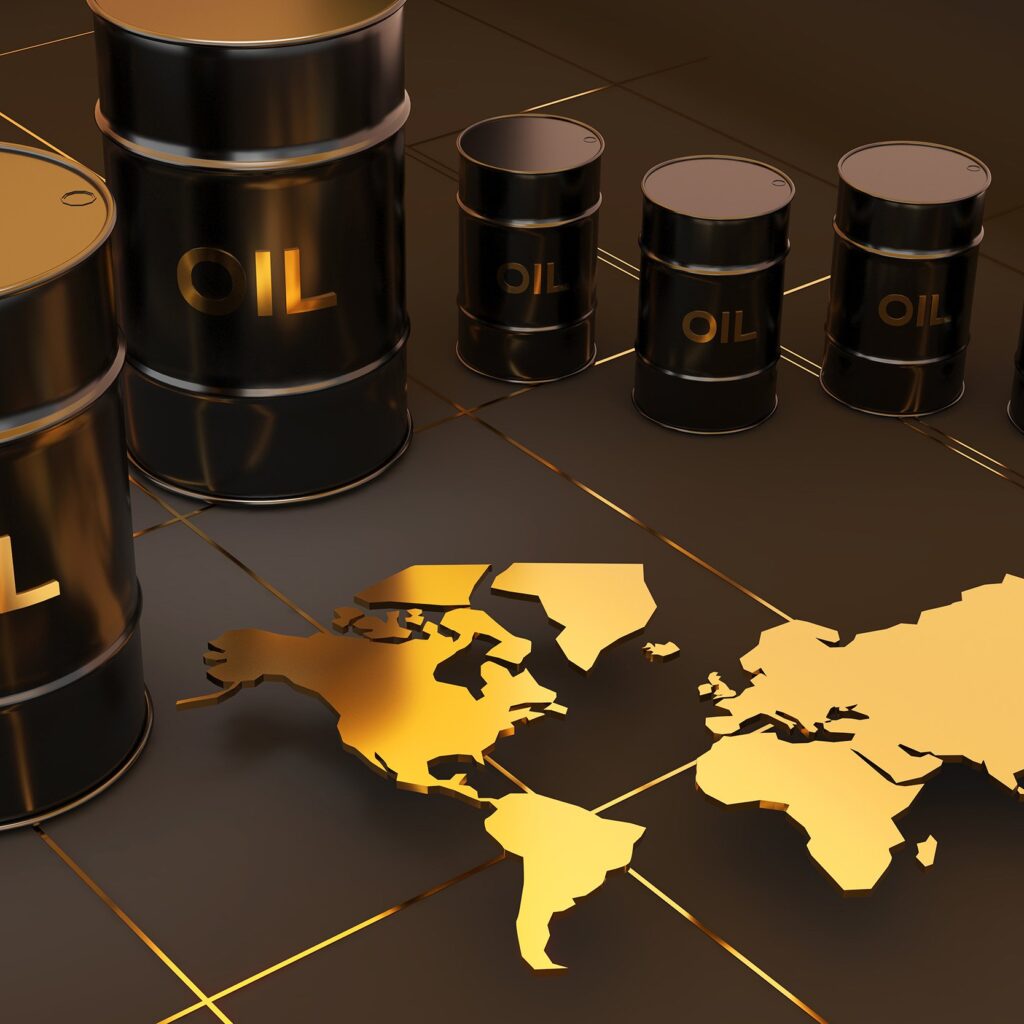Introduction
Crude Oil trading is a complex yet fascinating realm that powers the global economy. In this blog post, we’ll embark on a journey to demystify the basics of Crude Oil Trading, providing a comprehensive understanding of how this dynamic market operates.

The Foundation: What is Crude Oil Trading?
At its core, Crude Oil involves the buying and selling of crude oil as a commodity. This natural resource, extracted from the earth, serves as the lifeblood of numerous industries, from energy production to manufacturing.
The Players: Who’s Involved?
Several key players participate in the trading of Crude Oil game. Producers, such as oil companies, extract the oil. Traders act as intermediaries, facilitating the buying and selling process. Refineries then process the crude oil into usable products.
Market Dynamics: What Influences Prices?
Crude Oil prices are influenced by a myriad of factors, including global demand and supply, geopolitical events, economic indicators, and environmental regulations. Understanding these dynamics is crucial for anyone venturing into Crude Oil.
Trading Platforms: Where the Action Happens
Crude Oil is traded on various platforms, both physical and virtual. While physical trading involves the actual delivery of the oil, most transactions occur electronically through futures and options contracts on commodity exchanges of crude oil.
Spot and Futures Contracts: Unpacking the Jargon
Spot contracts involve the immediate delivery of crude oil, while futures contracts set a future date for delivery. Traders often use futures contracts to hedge against price fluctuations, adding a layer of risk management to the trading process.
Risk and Reward: Navigating the Challenges
Crude Oil Trading comes with inherent risks, given the volatility of oil prices. Traders must be adept at risk management strategies, including the use of derivatives and staying abreast of market trends.
The Role of Technology: Driving Efficiency
In the modern era, technology plays a pivotal role in Crude Oil Trading. Automated trading systems, data analytics, and real-time information have revolutionized how traders make decisions and execute transactions.
Conclusion
In conclusion, Oil is a multifaceted landscape that requires a nuanced understanding of market dynamics, risk management, and technological advancements. By grasping the basics outlined in this post, you’ve taken the first step toward navigating this intricate and impactful industry.
Follow us on Instagram
Follow our Blogs



Add a Comment